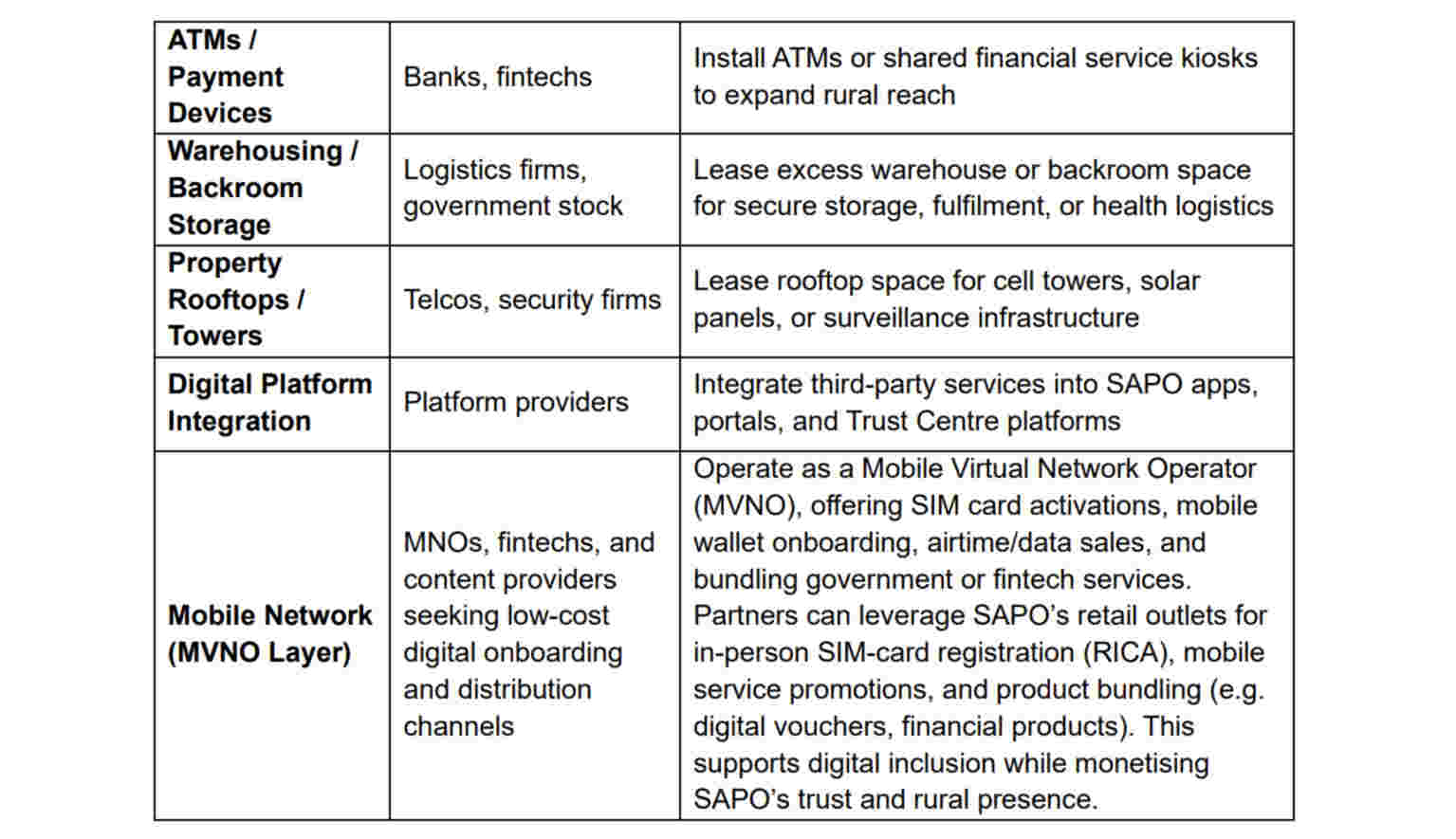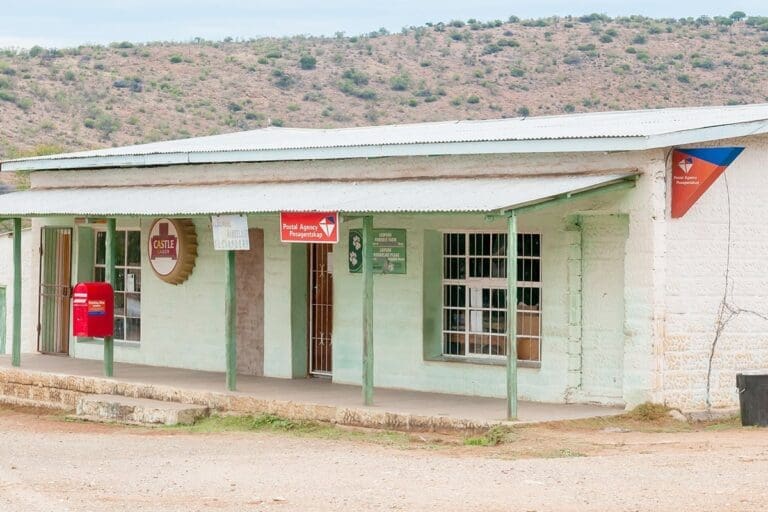In a bold move to reinvent itself, the South African Post Office (SAPO) is officially opening its doors to strategic partners, with plans to launch a Mobile Virtual Network Operator (MVNO), a network of e-commerce pick-up points, and even lease its building rooftops for telecom towers.
This initiative, driven by the Department of Communications and Digital Technologies (DCDT), marks a fundamental shift for the embattled state-owned entity as it attempts to pivot from a traditional mail service to a modern, hybrid logistics and digital platform provider.
The DCDT has published a Request for Information (RFI), inviting private and public sector players to propose partnerships aimed at optimising SAPO’s extensive national assets.
The department clarified that the “RFI is non-binding and does not constitute a tender or bid,” and that responses will solely be used to gauge market interest for restructuring proposals.
This strategy is a direct response to the Post Office’s well-documented struggles.
The department openly acknowledges the root of the problem, stating: “SAPO has a well-documented history of financial instability but is expected to exit business rescue soon. The reason for this instability is, at least in part, that the nature of postal services has changed significantly over time, but SAPO has been unable to transition from a traditional postal services provider to a hybrid logistics and digital platform provider.”
To bridge this gap, the Post Office is looking for innovation, investment, and operational value across several key areas, including:
-
Postal & Courier Services: Enhancing last-mile delivery and logistics.
-
Digital Platforms: Developing new digital services for citizens and businesses.
-
Financial Inclusion: Expanding access to financial services.
-
Government Service Delivery: Improving how citizens interact with the state.
-
Infrastructure Utilisation: Monetising its physical footprint across South Africa.
The table below sets out examples of the type of projects the RFI seeks to explore with potential partners:


The potential partnership models are diverse and flexible, designed to attract a wide range of investors and experts. These could include:
-
(a) revenue-share agreements;
-
(b) joint ventures;
-
(c) build-operate-transfer arrangements;
-
(d) infrastructure-leases;
-
(e) managed service contracts.
The overarching goal is to create a win-win scenario: SAPO gains access to private capital and expertise to enhance its service delivery and digital transformation, while partners can invest for a return, dramatically increase their national reach, and extend their own service portfolios.
The department is specifically calling on interested parties to demonstrate how they can enhance services by “acquiring, or leasing SAPO’s national branch, logistics, and digital infrastructure, including all related resources.” This could involve everything from new technology solutions and operating models to physical infrastructure upgrades and value-added services.
Ultimately, the DCDT positions these partnerships as non-negotiable for the Post Office’s survival. They are “considered essential for SAPO’s financial recovery, utilising underused assets, enhancing its digital capabilities, and regaining its importance as a ‘hybrid’ public private service provider.”
This RFI is the first critical step in a ambitious turnaround strategy. If successful, the iconic South African Post Office could be transformed from a relic of the past into a dynamic player in the country’s digital and logistics future, finally leveraging its immense physical presence to meet the demands of the modern economy.
Also read: SAPO Aims To Be Digitally Connected & Financially Stable By 2028

The South African Post Office (SAPO) is undergoing a major transformation to become a digitally connected, financially stable organisation by 2028. This ambitious vision is outlined in its Corporate Plan 2025–2028, titled “Reengineering SA’s Designated Postal Operator.”
Developed under the guidance of Business Rescue Practitioners, the plan sets a roadmap for SAPO’s revival through digital transformation, service diversification, and strategic partnerships.
A Vision for the Future
Fathima Gany, SAPO’s Group Acting CEO, states:
“The South African Post Office stands at a pivotal moment in its long history. As a state-owned entity, SAPO has played a critical role in connecting communities and facilitating commerce across South Africa for decades.
However, like many postal services worldwide, SAPO has faced significant challenges in recent years, particularly as mail volumes decline and competition intensifies in the digital age.”
To counter these challenges, SAPO’s Corporate Plan focuses on:
-
Digital transformation (modernising operations & expanding e-commerce logistics)
-
Financial sustainability (diversifying revenue streams beyond traditional mail)
-
Universal Service Obligation (ensuring connectivity in rural and underserved areas)
Gany adds:
“By 2028, SAPO will be a digitally connected, financially stable organisation delivering essential services that foster economic inclusion, social equity, and environmental sustainability.”
